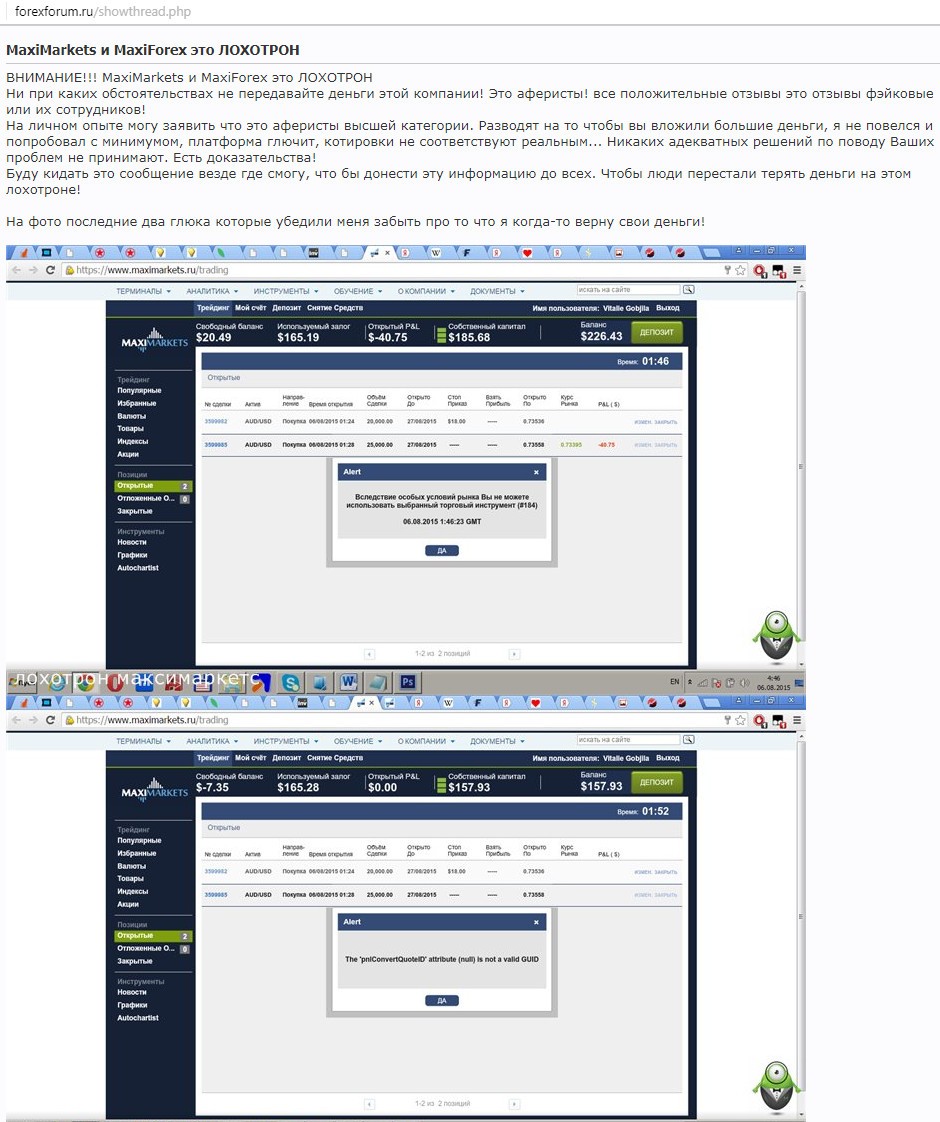Content
Although some prior studies Alcoholism and Denial a higher rate of denial in African American and Hispanic individuals (e.g., Clarke et al., 2016), that could not be adequately tested in the SDPS sample. Optimally, the impact of specific criteria should be evaluated while also considering the relationship of denial to drinking quantities, the number of alcohol problems, and whether an individual has alcohol abuse or dependence in DSM-IV. Denial of an overarching alcohol problem despite endorsement of specific alcohol-related difficulties may be central to development and continuation of alcohol use disorders . However, there is limited information about which characteristics of drinkers and which drinking problems relate most closely to that denial.
- If an individual experiences these symptoms, it’s typically a sign they’ve developed alcoholism.
- Evan is a deep believer in fact-based, empathic communication—within business, arts, academia, or any space where words drive action or change lives.
- This can impair your self-awareness and thus hamper your ability to fully realize the extent that alcohol and drug use is having on you and others.
- Symptoms can range from mild to severe and look different from person to person.
- In my own personal experience, after hitting an emotional bottom there was 90% of my rational self that recognized I was alcoholic and 10% that did not.
- Inpatient treatment – This consists of a formal, residential program which may include detox at the beginning.
Avoid being judgmental, but show support and offer suggestions about ways or places they can get help. These conversations can be tricky and emotional, so you may want to involve a therapist or counselor.
Behavior at Work
The transition back to https://ecosoberhouse.com/ outside of rehab is fraught with the potential for relapse. Aftercare resources such as 12-step groups, sober living homes and support for family and friends promote a life rich with rewarding relationships and meaning.

The risks of alcoholism are well-documented and understood by most of the population, yet addiction continues. Even when the links between alcohol abuse and specific negative consequences are clear, some people will continue to drink and insist it isn’t a problem. Denial is a force as strong as addiction for some people, and it’s the weapon they use to protect themselves from a painful reality. In conclusion, denial of a general alcohol problem by individuals who admitted to multiple AUD criteria items was quite common in the SDPS, despite prodigious maximum drinking quantities. This pattern of denial indicates that greater efforts need to be made to educate our patients and our colleagues regarding what an AUD is and how serious the prognosis can be. For AUD probands, deniers were less likely to endorse several specific criteria that might offer some insights into why they do not consider themselves problem drinkers. Much of the literature on denial has focused on underlying mechanisms that contribute to false negative reports regarding SUDs.
What Can I Do if I Think My Loved One Is an Alcoholic?
Stage three denial is the denial of the need to he willing to go to any length in the recovery process. It is an indicator that you have other priorities that are just as or more important than the maintenance of sobriety. This condition will usually escalate in one of two directions in time. One direction is to increase commitment and involvement when living problems intensify and the other direction is too eventually withdraw from the program completely, which usually leads to relapse. Type A denialis when a person sees, understands, and knows that they have a definite problem.
Alcoholics may be willing to admit they drink a lot, but they have a hard time accepting they’re addicts. One striking finding involved the 4% of AUD probands overall who admitted to tolerance in the prior five years compared to 57% who endorsed tolerance in AUD offspring. A cursory review of tolerance reports over the years in SDPS AUD probands indicated that this variable had been endorsed by AUD probands at age 35 at a rate similar to the current AUD offspring. However, the proportions of probands who reported tolerance in the five years prior to interview decreased steadily with each subsequent interview. The key aspect of the tolerance question used here might be the emphasis on the recent five-year period. It is possible that self-perceived tolerance might be strongest at younger ages when drinking is escalating but might not be as apparent as individuals maintain and decrease the maximum drinks with advancing age.
Reasons for denial in alcohol use disorder
Most people who choose to drink alcohol can do so without becoming addicted. For some, however, drinking can lead down a dangerous path to alcohol use disorder. Many factors contribute to a person’s vulnerability toward alcohol dependence, including genetics, family history of substance abuse, environmental factors and the age a person first starts drinking or using other drugs.
- The EAP counselor will meet with the employee, assess or diagnose the problem, and, if necessary, refer the employee to a treatment program or resource.
- In fact, some have questioned whether outright addiction could exist at all if not for a state of denial.
- Some individuals find approaches other than AA to be more useful in their treatment.
- In jobs requiring long-term projects or detailed analysis, an employee may be able to hide a performance problem for quite some time.
Somewhere inside he realizes that his drinking means more to him that he is willing to admit. The drinker simply lies about his drinking—to himself and others. Honesty is often the first thing to go in the course of alcohol use disorder. There are other support groups such as Rational Recovery which have a different focus than AA. Some individuals find approaches other than AA to be more useful in their treatment. It is important to immediately and accurately document in writing what has transpired. Record all the events that led to sending the employee home, especially if any disciplinary action is necessary.








